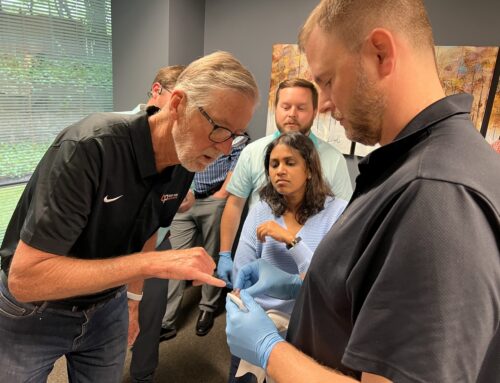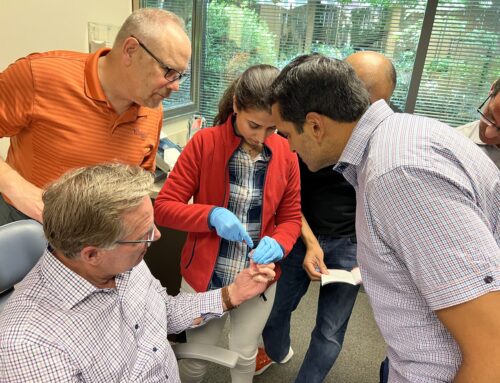The more and more research we conduct, the more connections we find with sleep apnea. And, what does that mean? It means that our roles as dentists in dental sleep medicine are more important than ever before! A fundamental part of the human experience is when we feel sad every now and then. This can be even more apparent during difficult or trying times.
However, in contrast, persistent feelings of sadness, anxiety, hopelessness and disinterest in things that were once enjoyed are common symptoms of depression—this is not something that should go untreated or ignored. Depression is an illness that affects at least 20 million Americans—now that is a lot. It is just a little more than the 18 million suffering from sleep apnea.
Just as sleep apnea should never be ignored, neither should depression because it is a serious disorder that affects the way a person eats, sleeps, feels and thinks. While the cause of depression often remains unknown, it can be effectively controlled with treatment. Additionally, the relationship between sleep and depressive illness is complex—depression can cause sleep problems and sleep problems can cause or contribute to depressive disorders. As dentists offering dental sleep medicine services, we can continue to be our patients’ line of defense against sleep apnea and other conditions, such as depression.
What is the Connection?
Sleep-disordered breathing has been linked with depression, especially since insomnia is very common among depressed patients. Evidence suggests that people with insomnia have 10 times the risk of developing depression compared with those who sleep well. Depressed individuals may suffer from a range of insomnia, including:
- Difficulty falling asleep
- Difficulty staying asleep
- Un-refreshing sleep
- Daytime sleepiness
However, research suggests the risk of developing depression is highest among people with both sleep onset and sleep maintenance insomnia. Obstructive sleep apnea is linked with depression, as people with depression were found to be five times more likely to suffer from sleep-disordered breathing. The good news is that treating OSA may improve depression. And, in many cases, because symptoms of depression often overlap with symptoms of sleep apnea, there can be a risk for misdiagnosis.
People with symptoms of depression should be screened for sleep apnea by being asked about symptoms such as:
- Snoring
- Breathing pauses while sleeping
- Disrupted sleep
- Excessive daytime sleepiness
Please contact my office for more information on sleep apnea. Through further experience and research, I hope we can all continue to improve our patients’ health through proper diagnosis and treatment options.





